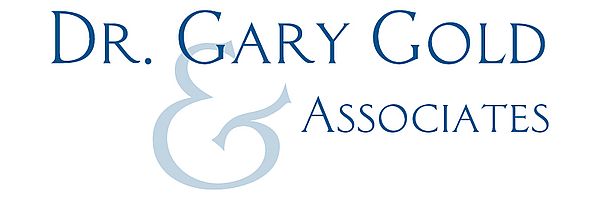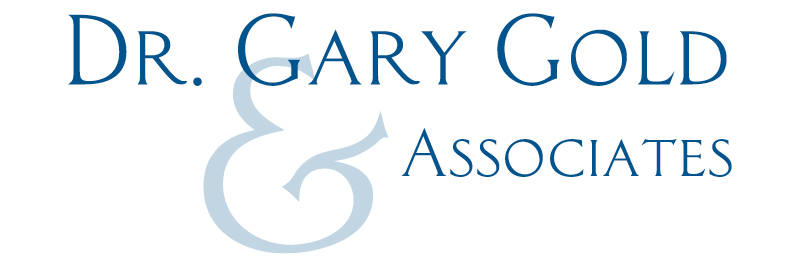
Many people assume that a quick vision screening is enough to ensure their eyes are healthy. However, while screenings can identify some basic vision issues, they don’t offer the in-depth evaluation that a comprehensive eye exam provides. At Dr. Gary Gold & Associates, we emphasize the importance of thorough eye care to protect your long-term vision and overall eye health. Here’s what you need to know about the differences between a vision screening and a comprehensive eye exam.
What Is a Vision Screening?
A vision screening is typically a quick, simple test designed to assess how well you can see. It’s often performed in schools, at the DMV, or during a routine physical exam. Here’s what a vision screening usually involves:
- Basic Vision Test: This includes a visual acuity test using a Snellen chart, where you read letters of varying sizes from a set distance to determine how clearly you can see.
- Refractive Error Check: If you struggle to see clearly, a vision screening may indicate that you have a refractive error such as nearsightedness (myopia), farsightedness (hyperopia), or astigmatism. You may be referred for a more detailed eye exam to determine the need for corrective lenses.
While vision screenings are useful for identifying obvious vision problems, they don’t assess the overall health of your eyes or detect potential eye diseases.
What Is a Comprehensive Eye Exam?
A comprehensive eye exam is a thorough evaluation of both your vision and eye health, performed by an optometrist or ophthalmologist. It goes beyond just checking how well you can see and includes a series of tests to assess the health of your eyes.
Here’s what you can expect during a comprehensive eye exam at Dr. Gary Gold & Associates:
Medical and Eye Health History Review
Your optometrist will ask about your medical history, including any current health issues, medications, and family history of eye conditions. This helps identify any risk factors for eye diseases such as glaucoma, cataracts, or macular degeneration.
Visual Acuity and Refraction Testing
Like a vision screening, a comprehensive exam includes a visual acuity test to measure how clearly you can see at different distances. In addition, refraction testing is used to determine your exact prescription for glasses or contact lenses.
Eye Movement and Focus Testing
Your optometrist will assess how well your eyes move and work together, checking for issues with eye coordination and focusing ability. This is particularly important for reading, using a computer, or other tasks requiring precise vision.
Eye Pressure Measurement (Tonometry)
To detect glaucoma, your eye pressure will be measured using tonometry. This test is essential for identifying early signs of glaucoma, which often has no symptoms but can lead to vision loss if untreated.
Retinal Examination and Pupil Dilation
To get a closer look at the health of your retina, optic nerve, and blood vessels, your optometrist may dilate your pupils with eye drops. This allows them to check for early signs of conditions like diabetic retinopathy, macular degeneration, and retinal detachment.
Visual Field Testing
This test evaluates your peripheral vision to detect blind spots or other issues that may indicate a problem with your eyes or brain, such as glaucoma or neurological conditions.
Slit Lamp Examination
Using a specialized microscope called a slit lamp, your optometrist will examine the front part of your eye, including the cornea, iris, and lens, to detect any abnormalities such as dry eyes, cataracts, or corneal damage.
Differences Between a Vision Screening and a Comprehensive Eye Exam
- A vision screening only measures how well you can see, while a comprehensive eye exam evaluates both your vision and the overall health of your eyes.
- Comprehensive eye exams can detect serious eye conditions like glaucoma, cataracts, and macular degeneration before they cause vision loss.
- A comprehensive eye exam allows your optometrist to provide tailored recommendations for vision correction, treatment, and lifestyle adjustments based on your unique needs.
- Comprehensive exams can reveal signs of diabetes, high blood pressure, and other systemic health conditions that may impact your eyes.
Why Comprehensive Eye Exams Are Essential
While a vision screening is a helpful starting point, it’s not enough to ensure your eyes are healthy. Comprehensive eye exams provide a more detailed look at your eye health and can detect problems that might otherwise go unnoticed.
By identifying issues early, you have the best chance of preventing vision loss and maintaining clear, healthy vision.
Request an Appointment for Your Comprehensive Eye Exam
At Dr. Gary Gold & Associates, we provide thorough, personalized eye care for every patient. If it’s been more than a year since your last exam or you’ve only had a vision screening, it’s time to take the next step.
Request an appointment for a comprehensive eye exam and ensure that your eyes are as healthy as possible.


